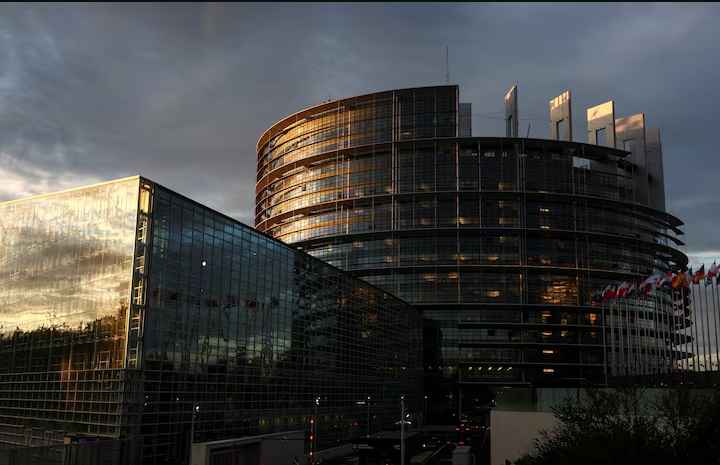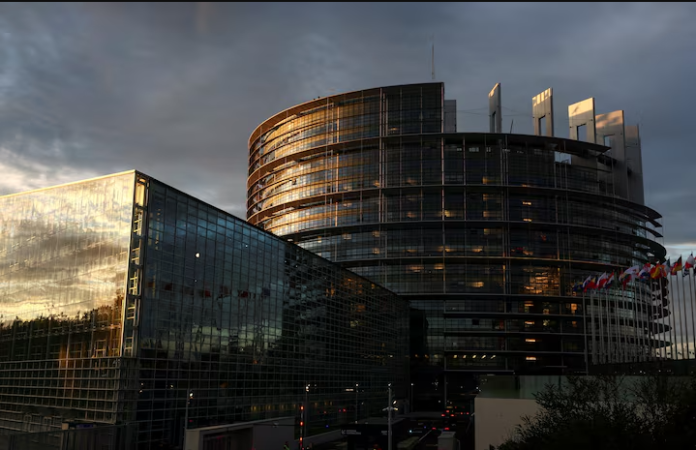A major bribery scandal linked to China’s Huawei has rocked the European Parliament, with five individuals facing serious charges in Belgium. Authorities allege that the suspects were involved in corruption, money laundering, and criminal conspiracy in a covert operation dating back to 2021.
The Investigation and Arrests
According to Belgium’s federal prosecutor’s office, the five individuals were detained last week, with four now officially charged with active corruption and participation in a criminal organization. The fifth suspect, facing money laundering charges, has been conditionally released.
Authorities have kept the identities of the accused confidential, refusing to disclose names or any identifying information. However, on Monday, investigators conducted additional searches at European Parliament offices as part of the ongoing probe.
The European Parliament has yet to issue a statement regarding the recent developments.
Huawei’s Response to the Allegations
Huawei, a global tech giant known for its telecommunications infrastructure and consumer electronics, has denied any wrongdoing. The company stated last week that it takes the allegations seriously and emphasized its commitment to anti-corruption policies.
“Huawei has a zero-tolerance policy toward corruption or any form of misconduct,” the company said. “We strictly adhere to all laws and regulations at all times.”
How the Alleged Corruption Happened
Prosecutors claim that the bribery scheme was well-disguised, operating under the pretense of commercial lobbying. The alleged activities, which began in 2021, involved:
Bribes in exchange for political influence
Luxury gifts, travel perks, and event invitations
Regular access to high-profile sporting events such as football matches
Authorities believe these incentives were used to influence certain political stances within the European Parliament.
Why This Scandal Matters

This investigation follows a growing crackdown on foreign influence in European politics, especially after previous scandals involving Qatar and Morocco. The case against Huawei adds to rising concerns about China’s political and economic influence in Europe.
With the European Union increasing scrutiny on Chinese investments and cybersecurity risks, this corruption probe could have far-reaching consequences for EU-China relations and Huawei’s operations in Europe.
What’s Next?
The investigation is still unfolding, and more arrests or revelations could emerge in the coming weeks. As prosecutors gather more evidence, the European Parliament will likely face pressure to enforce stricter transparency rules and prevent future corruption cases.
For now, all eyes remain on Belgian authorities as they work to uncover the full extent of this bribery scandal.



